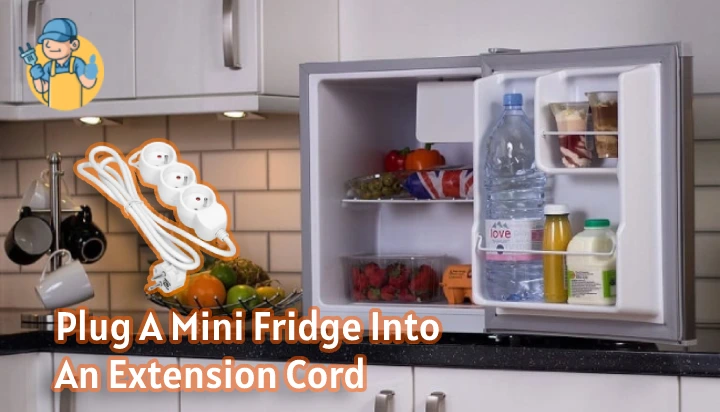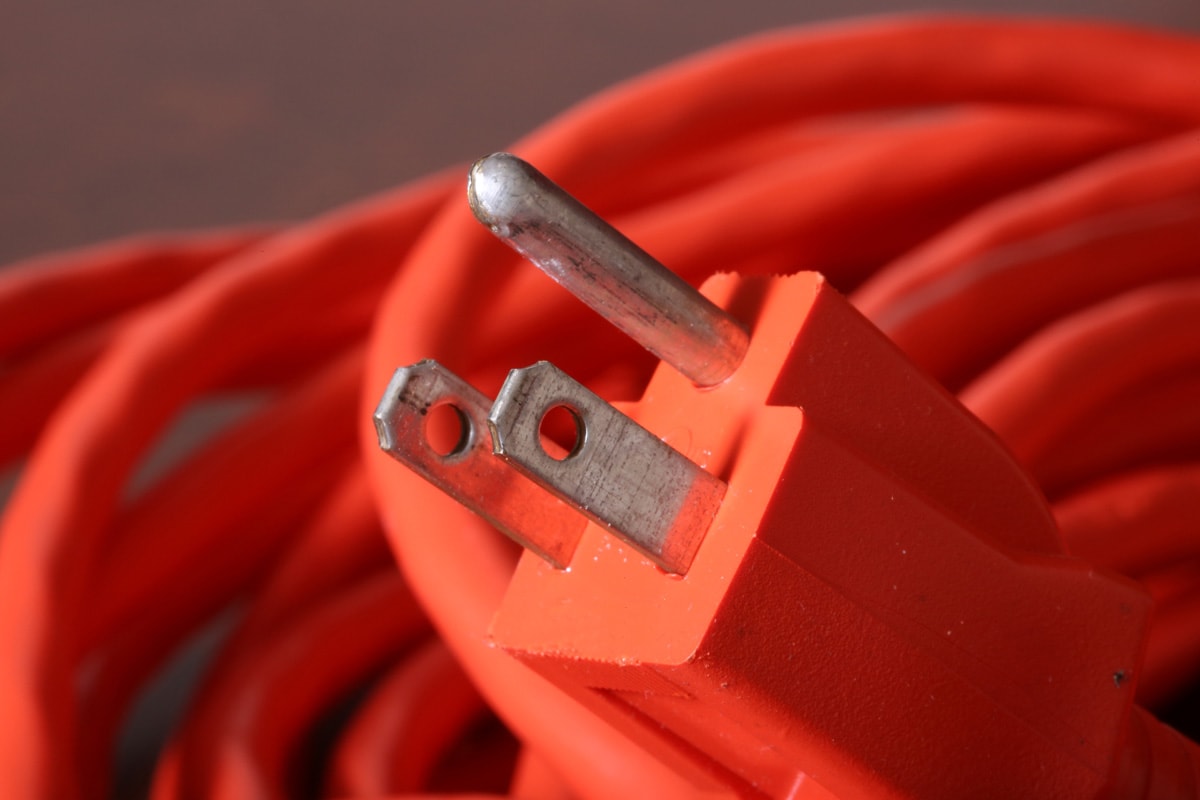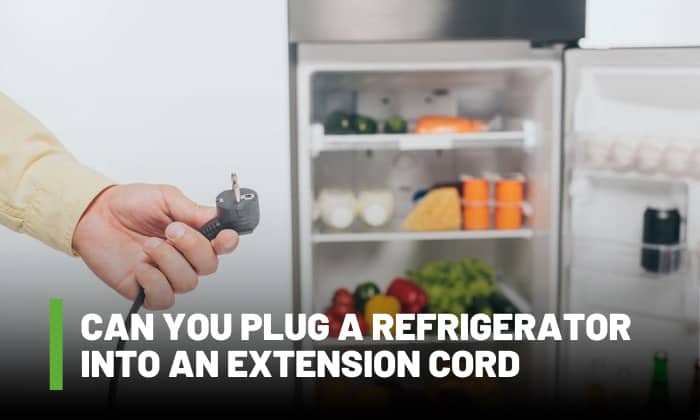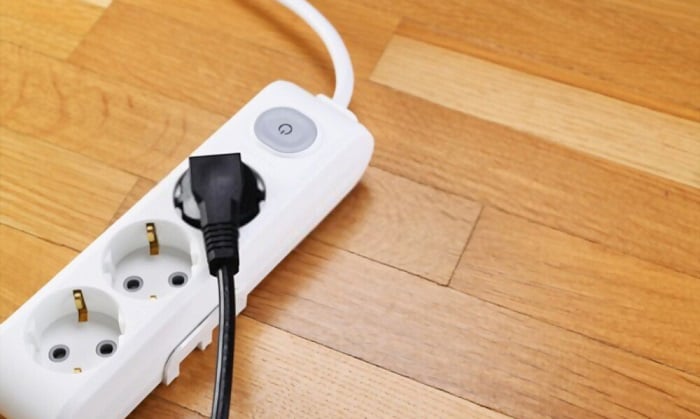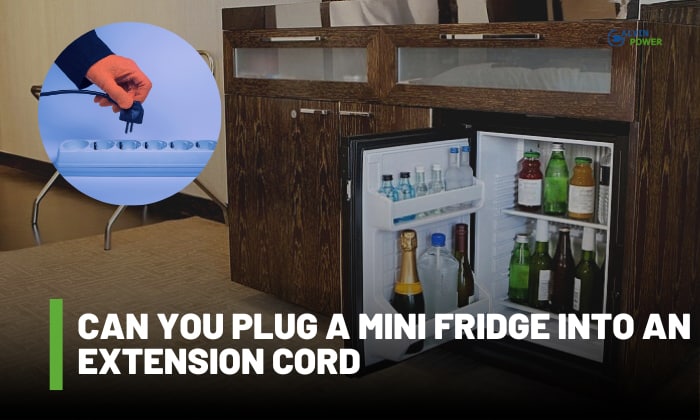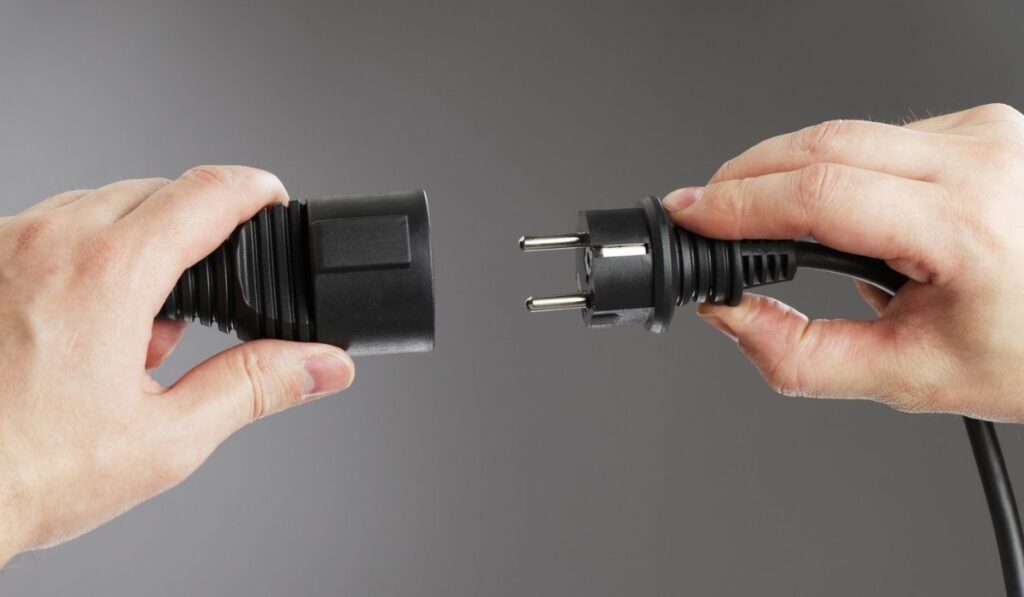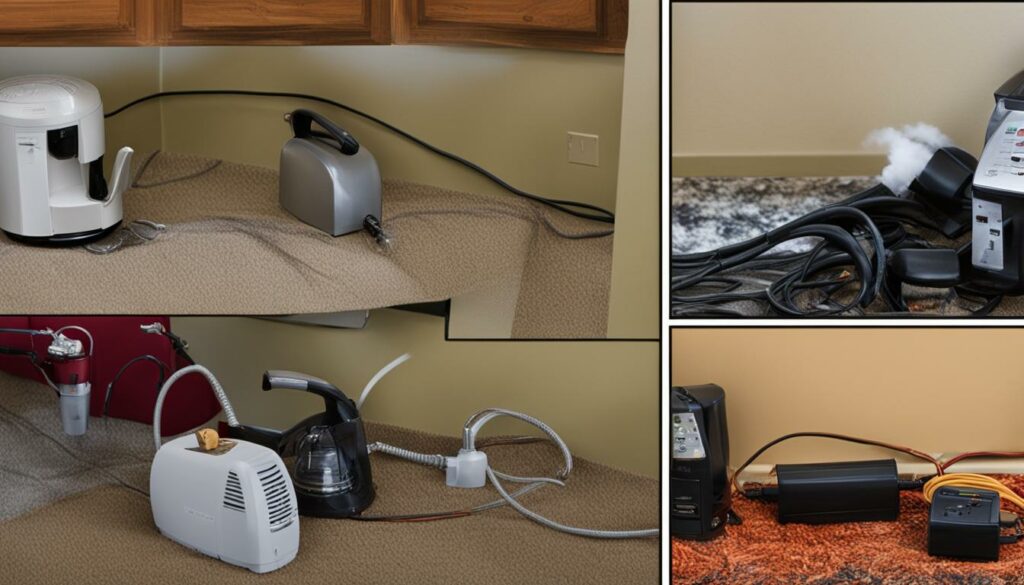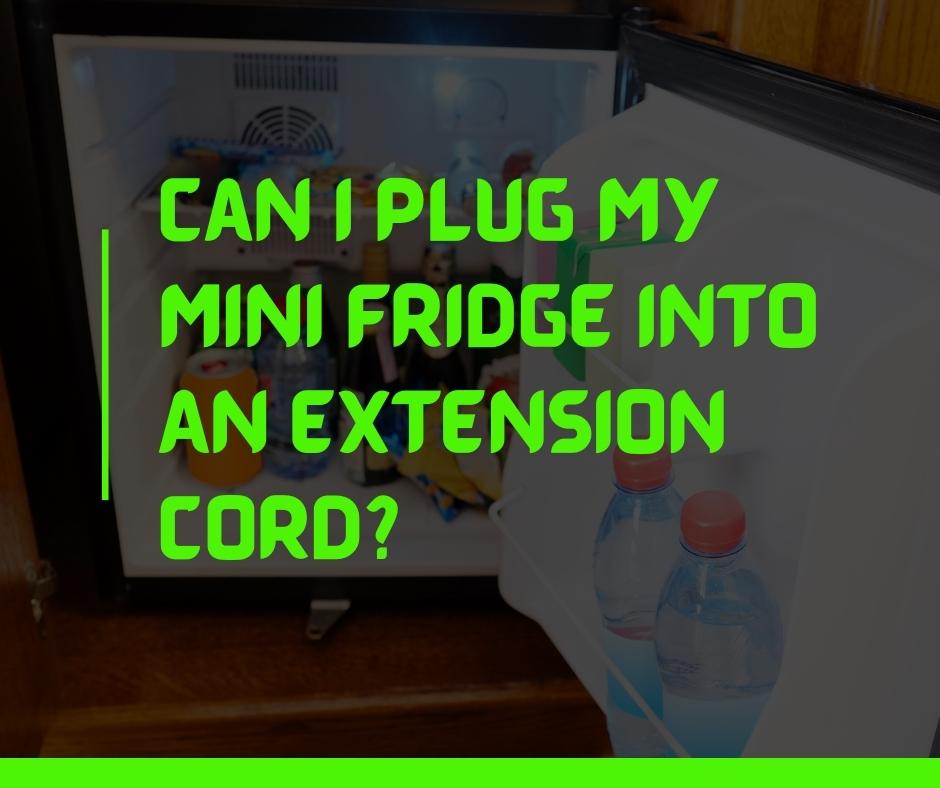Can You Run A Refrigerator On An Extension Cord

Danger lurks in your outlet: Connecting your refrigerator to an extension cord could be a recipe for disaster, potentially sparking a fire or damaging your appliance. Experts are issuing urgent warnings against this common, yet hazardous, practice.
The seemingly harmless act of plugging a refrigerator into an extension cord is, according to electrical safety authorities, a significant fire hazard and a frequent cause of appliance malfunction. This article breaks down the dangers, explains why it's unsafe, and provides immediate steps you should take to ensure your home's electrical safety.
The Grim Reality: Fire and Failure
A refrigerator demands a consistent and substantial power supply. Extension cords, often underrated for such heavy-duty use, simply cannot deliver the required amperage consistently.
This mismatch leads to overheating of the cord, melting of the insulation, and, ultimately, a potential fire. The National Fire Protection Association (NFPA) reports that extension cords are implicated in thousands of residential fires annually, many stemming from misuse with appliances like refrigerators.
Furthermore, the voltage drop caused by an extension cord can damage the refrigerator's compressor, leading to premature failure and costly repairs. Some newer fridges contain safety mechanisms to prevent voltage drop.
Why Extension Cords Fall Short
Extension cords are designed for temporary use and light-duty applications. They are not intended to serve as a permanent wiring solution for high-energy appliances.
The gauge (thickness) of the wire in most extension cords is insufficient to handle the continuous electrical load of a refrigerator. Thin wires offer more resistance, generating heat as electricity flows through them.
According to Underwriters Laboratories (UL), a leading safety certification company, using an extension cord with a refrigerator violates electrical safety standards. "Refrigerators should always be plugged directly into a wall outlet," a UL representative stated. This information is available on the UL website.
Decoding the Electrical Demands
Refrigerators typically require a dedicated 15- or 20-amp circuit to operate safely and efficiently. Check the appliance's nameplate, located on the back or inside the refrigerator, for its specific electrical requirements.
Most extension cords are rated for a lower amperage, often 10 amps or less. Exceeding this rating can lead to a dangerous overload and fire.
Consult a qualified electrician if you're unsure about your home's electrical capacity. An electrician can assess your wiring and recommend the appropriate solutions, such as installing a dedicated circuit.
Who Is At Risk?
Anyone using an extension cord to power their refrigerator is at risk. This is especially concerning in older homes with outdated wiring.
Renters who lack control over their building's electrical infrastructure are also particularly vulnerable. Landlords should be notified immediately of any concerns.
Families with young children are at a heightened risk because young children cannot identify fire hazards. Taking steps to ensure home safety is crucial.
Immediate Action: Disconnect and Evaluate
If your refrigerator is currently plugged into an extension cord, disconnect it immediately. Check the extension cord and outlet for signs of damage, such as melting, scorching, or discoloration.
If you observe any damage, do not use the outlet or extension cord. Contact a qualified electrician for inspection and repair.
Consider having an electrician install a dedicated outlet closer to your refrigerator. A dedicated outlet is the best option to prevent future incidents.
The Cost of Neglect: Statistics Speak Volumes
The U.S. Fire Administration (USFA) reports that electrical malfunctions account for a significant percentage of residential fires each year. A good portion of these fires involve extension cords.
Data from the Consumer Product Safety Commission (CPSC) shows that misuse of extension cords leads to hundreds of injuries and deaths annually. These numbers underscore the importance of electrical safety awareness.
Ignoring these warnings can result in property damage, injury, or even loss of life. The risks are simply too great to ignore.
The Long-Term Solution: Electrical Upgrades
For long-term safety, consider upgrading your home's electrical system. This may involve installing new outlets, increasing the amperage capacity of existing circuits, or replacing old wiring.
A whole-house surge protector can also protect your appliances from power surges, further enhancing electrical safety.
Regularly inspect your electrical system for any signs of wear and tear. Prevention is always better than a cure.
Ongoing Developments: Stricter Regulations?
Consumer advocacy groups are pushing for stricter regulations on extension cord manufacturing and usage. They are also advocating for increased public awareness campaigns to educate consumers about electrical safety hazards.
Some municipalities are considering mandatory electrical inspections for rental properties to ensure compliance with safety standards. This is an ongoing process and will have important impact on the future.
Stay informed about these developments and take proactive steps to protect yourself and your family. Electrical safety is a continuous responsibility.


